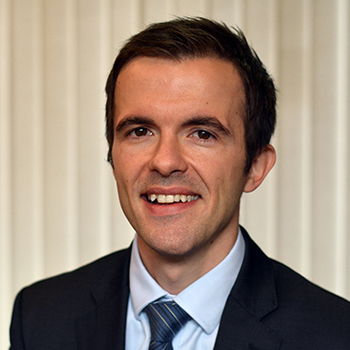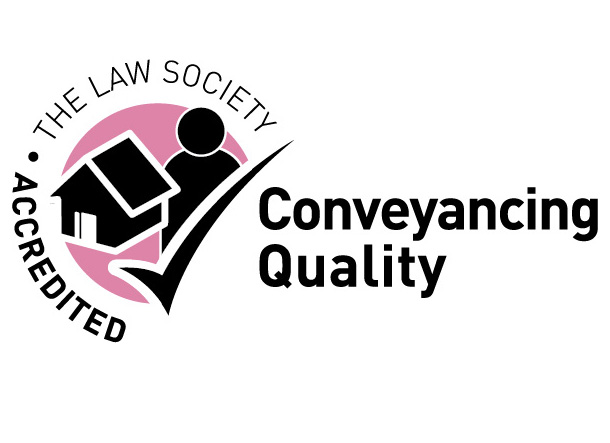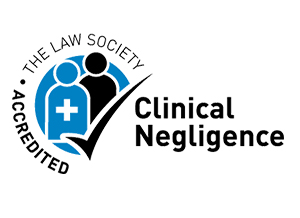Whilst problems with vision and a need for glasses are common to many of us, there are a number of other eye problems which are more serious and require specialist treatment.
When these treatments go wrong the effects can be devastating. Losing your sight or a partial loss of sight can impact upon almost every aspect of your life.
Common conditions and treatment which result in eye injuries and can give rise to medical negligence claims include:
1. Cataracts – a condition where sight is restricted through a clouding of the lens of the eye. Surgery involves the removal of the lens and replacement with an artificial one. Whilst this is a very widely performed and successful procedure, errors can occur during the surgery such as the incorrect lens being used or damage to the eye.
2. Detached retina – the retina is responsible for converting the light caught by the eye into nerve signals which are then sent to the brain. When the retina detaches it comes away from its blood supply. Without this blood supply the cells of the retina begin to die and if this is not treated and restored quickly it will result in blindness.
A retinal detachment can occur gradually over time or less frequently as a result of trauma. Symptoms of a retinal detachment include a sudden or gradual increase in “floaters” in the eye, flashes of light in the eye and an appearance of a curtain over the field of vision. Most clinical negligence cases involving retinal detachment are due to failures in noting these warning signs, making a prompt diagnosis and treating this medical emergency quickly before it is too late.
3. Glaucoma – this condition, which can affect sight, is usually due to a build-up of pressure within the eye. Fluid in the eye is unable to drain properly and the pressure increases which can cause irrecoverable damage to the optical nerve. Glaucoma is usually detected through regular eye check-ups. If an optician suspects glaucoma, a referral will be made to an ophthalmologist for further testing. If the diagnosis is confirmed then treatment can be provided to stop or slow the progression of the condition. Typically therefore clinical negligence cases involving glaucoma relate to a failure to quickly diagnose and treat the condition resulting in nerve damage and a deterioration or loss of vision.
4. Eye infections – if left untreated eye infections can cause damage to the eye, impairment and loss of vision. A failure to make a prompt diagnosis and provide effective treatment of infections will often be regarded as substandard.
5. Eye surgery and laser eye surgery – errors causing injuries to the eye affecting sight can occur during surgical procedures. Whilst all surgery does carry an element of risk, some injuries caused during surgery are due to substandard surgical technique.
In addition to the above we have also pursued claims in relation to more specialist and specific ophthalmological problems:
- Total loss of sight due to failure to investigate deteriorating sight in a child and to diagnose and treat a brain tumour sooner.
- Severe loss of visual fields (homonymous hemianopia) and drooping of the upper eyelids (ptosis) due to failure to detect and treat raised intra cranial pressure due to a blocked shunt and failure carry out timely shunt revision surgery.
- Failure by a GP and an Accident and Emergency Department to investigate and refer a client for specialist assessment where an eye injury had been sustained. There was then a failure by the eye department to carry out repair surgery promptly and a failure to identify and treat an iris prolapse. As a result the iris needed to be removed from the wound and the prolapsed scar tissue abscised. As a result of the abscission the client suffered a degree of worsening astigmatism.
If you think that you have suffered an injury or poor outcome as a result of failures in treatment of an eye condition then you may be entitled to compensation.
We at Freemans have a wealth of experience in dealing with all types of Clinical Negligence claims. We understand the devastating effect even a small amount of visual loss can cause and the psychological trauma that can result and we seek to ensure that all areas of loss and needs are met. These needs can be wide ranging and cover the need for specialist equipment, care, as well as psychological assessment and support
Please call one of our solicitors today on 0191 222 1030 for a free consultation in relation to your claim or complete our website enquiry form.





